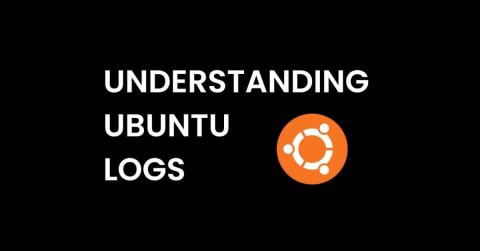Overcoming Performance Issues: Real-World Solutions to Keep Your Graylog System Running Smoothly
Are you experiencing performance issues with your Graylog instance? Are late-night alerts and unexplained slowdowns keeping you up at night? You're not alone if you’re dealing with license limit violations without a clear cause. In this session, we’ll share our experiences with these common Graylog challenges and the practical solutions we’ve developed to overcome them.











